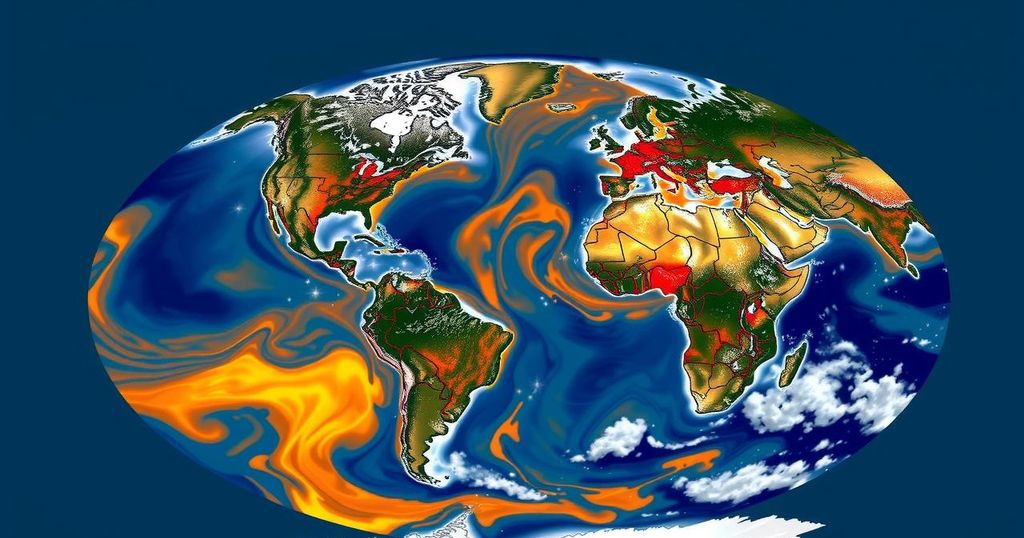Week in Review: Top Climate News for October 14-18, 2024

This weekly climate news summary highlights key issues such as the alarmingly low percentage of ocean protection (2.8%); the politicization of disaster aid under the Trump administration; the connection between human-induced climate change and the recent catastrophic floods in Nepal; Google’s shift toward nuclear energy to meet data center demands; and the rising climate anxiety among American youth across political divides.
The past week has presented a concerning array of developments in climate news, emphasizing the urgent need for effective conservation strategies and the multifaceted impacts of climate change. A report revealed that only 2.8% of the world’s oceans is effectively protected, falling well below the global target established by the Kunming-Montreal Global Biodiversity Framework, which aims to conserve 30% of marine areas by 2030. This highlights a significant gap in global efforts to safeguard marine biodiversity, as only 8% of the oceans are designated as Marine Protected Areas (MPAs). In the United States, political dynamics are influencing disaster relief responses, as reports surfaced indicating that former President Donald Trump initially denied aid after natural disasters in predominantly Democratic states like California. This revelation raises questions about the politicization of federal disaster response and aid distribution. In Nepal, an analysis linked the recent devastating floods, which resulted in 244 fatalities, to human-induced climate change. Scientists found that the extreme rainfall events leading to these floods were made 10% heavier due to climate change, and such rainfall occurrences are now 70% more likely than in pre-industrial times. Furthermore, Google has made a significant commitment to nuclear energy by ordering small modular nuclear reactors to power its data centers, addressing the growing energy demands of AI technology while aiming to produce carbon-free energy. Amidst these developments, climate change distress among U.S. youth has been documented, revealing widespread anxiety across the political spectrum about the future impacts of climate change. This emotional turmoil underscores the pressing need for immediate action and solutions to the climate crisis.
Recent climate news has reflected a deepening global crisis, highlighting inadequate conservation efforts in marine environments, political implications in disaster response, and increasing instances of extreme weather events linked to climate change. The variability of rainfall and heightened intensity of hurricanes further encapsulate the pervasive impacts of global warming on ecosystems and human life. Reports also illustrate a generational concern regarding climate issues, particularly among young individuals who feel deeply affected by inaction on climate change.
The current climate news cycle reveals critical challenges in achieving marine conservation goals, political inequities in disaster responses, and the exacerbating effects of climate change on weather patterns globally. The growing distress among youth regarding climate issues underscores the urgency for comprehensive action and accountability in addressing the climate crisis. The convergence of political, ecological, and psychological factors necessitates an integrative approach to effectively tackle these pressing concerns.
Original Source: earth.org






